Foreign Minister Dr Hasan Mahmud on Sunday ahead of Prime Minister Sheikh Hasina’s four-day visit to Beijing from Monday ruled out any possibility of signing a loan agreement with China.
He said at least 20 MoUs related to the economic and banking sector, trade and investment, digital economy, infrastructure development, disaster management, sixth and ninth Bangladesh-China Friendship Bridges, agricultural exports, disaster management, and people to people connectivity would be signed during the visit.
“China is an important partner in infrastructure and economic development,” he said, adding that Bangladesh would seek China's assistance in the areas of “investment and trade; financial assistance and repatriation of Rohingyas to their homeland.”
“At the same time, Bangladesh will continue to provide support to China as its friend in the global context,” he said.
“There is no loan agreement in the list. We will sign an MoU for economic cooperation through which China will support us in future based on our need,” he, however, said.
Before the visit, there have been speculations that Bangladesh will sign agreements for getting massive loans and also support for the dwindling foreign reserves.
Asked whether Bangladesh would seek any such support, the foreign minister once again said: “There is no such MoU in our list. But during the discussion, many things can come up”. "Our (foreign) reserve is good now," he said This will be Prime Minister Hasina’s fifth visit to China and first after she returned to power for the fourth consecutive term. It comes on the heels of her state visit to India last month.
Prospects and expectations from the PM's visit to ChinaProspects and expectations from the PM's visit to China
PM’s itinerary
The prime minister will leave Dhaka at 11am by Bangladesh Biman special flight and will land at Beijing International Airport at 6pm local time in China.
The prime minister will be given a guard of honour and received with “due respect”, the foreign minister said.
Ministers for finance and foreign affairs, state ministers for commerce, energy and mineral resources, and information will accompany the prime minister. Her adviser for private industry and investment will also accompany her.
On July 9, President of the Asian Infrastructure Investment Bank Jean Likun will call on the prime minister in the morning. She will participate in the conference titled "Summit on Trade, Business and Investment Opportunities between Bangladesh and China" at Sang-Gri-La Circle. A business delegation from Bangladesh will participate in the conference.
The prime minister will have a meeting with the Chairman of the 14th National Committee of the Chinese People’s Political Consultative Conference (CPPCC) Wang Huning.
She will pay his respects at the traditional Tiananmen Square. At night, he will attend a dinner hosted by the Bangladesh Embassy in Beijing.
On the third day of the visit on July 10, the prime minister will meet the premier of the State Council of China Li Qiang at the Great Hall of the People.
A reception will be accorded in her honour at the beginning of the meeting.
At the same place, the prime minister and the premier of the State Council of China will meet in a bilateral meeting with high-level delegations from the two countries.
After that, about 20 MoUs will be signed. The meeting will end following the banquet lunch.
In the afternoon, she will meet President Xi Jinping.
Both countries will issue a joint statement following the meeting.
The prime minister will leave China on July 11 in a special Bangladesh Biman flight and land in Dhaka at 2pm.
Bangladesh, China relations
China was against the birth of Bangladesh in 1971 and vetoed on several occasions in the Security Council to prevent UN membership. China recognized Bangladesh as an independent country on 31 August 1975, weeks after the brutal assassination of Father of the Nation Bangabandhu Sheikh Mujibur Rahman.
The foreign minister, however, said: “Bangladesh-China bilateral relations began even before independence with Father of the Nation Bangabandhu Sheikh Mujibur Rahman's historic visit to China in 1952, during which the Father of the Nation met the then Chinese leader Mao Zedong. In the light of that experience, Bangabandhu wrote the book ‘Amar Dekha Nayachin’.”
“China recognized Bangladesh in 1975, following which the two countries have been advancing on the path of development based on mutual cooperation.”
During Xi Jinping's visit to Dhaka in 2016, the relationship between the two countries was upgraded to a "Strategic Cooperation Partnership".
After winning the 12th National Parliament election held on January 7 and being re-elected as prime minister, the prime minister was officially invited by China for an official visit. China is committed to being an important partner in the country's infrastructure and economic development, he said.
“We are hopeful that the upcoming visit will be successful and fruitful,” he said, adding that the relations will be strengthened further.



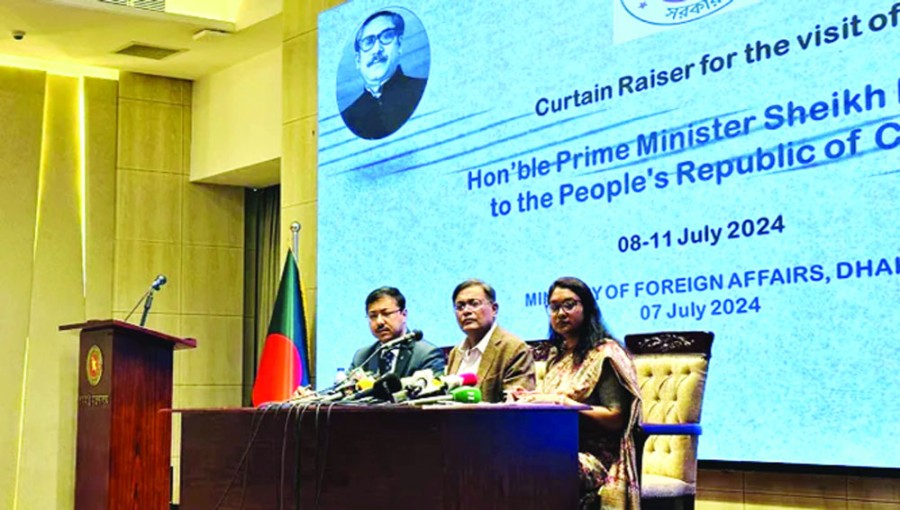
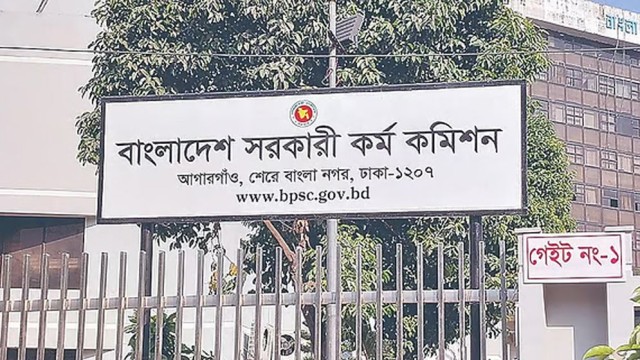
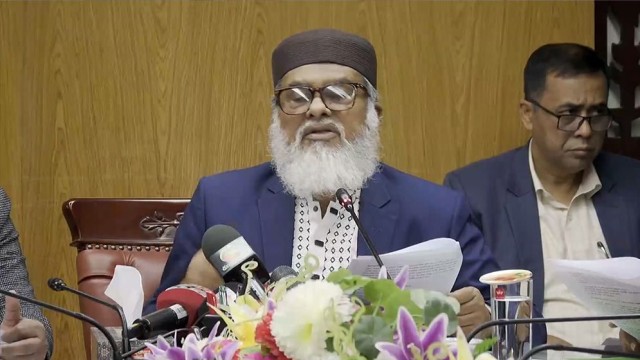
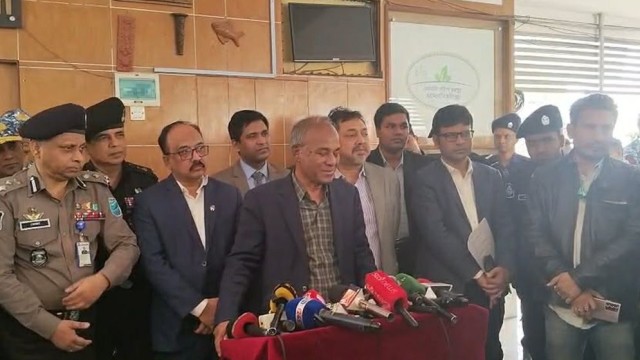

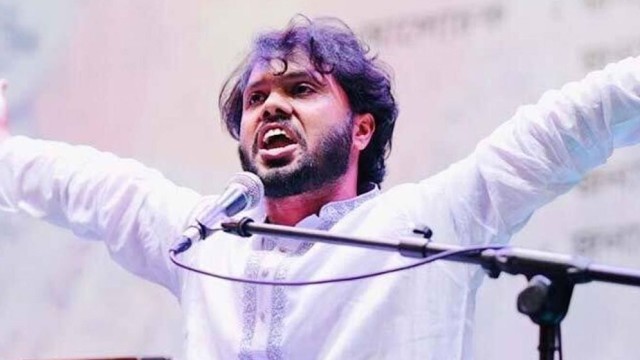
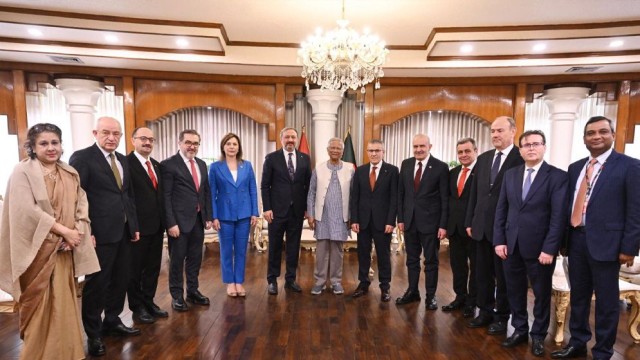





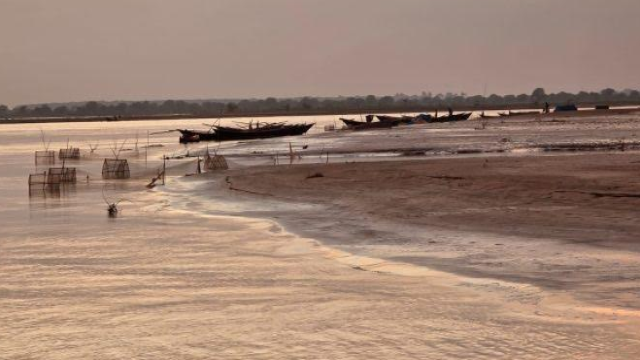
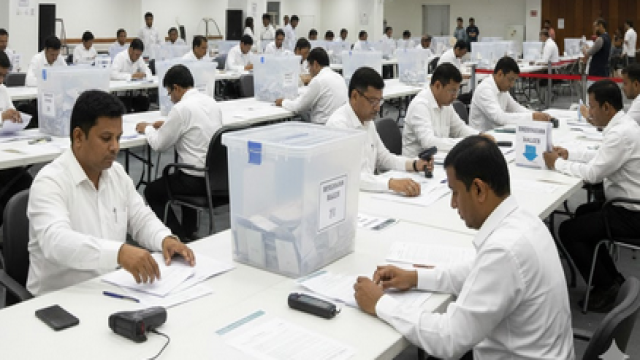
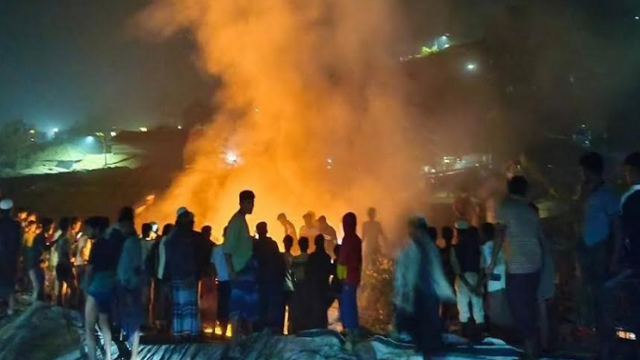

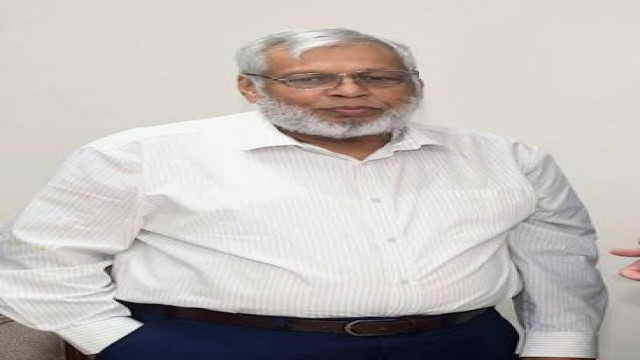











Comment: